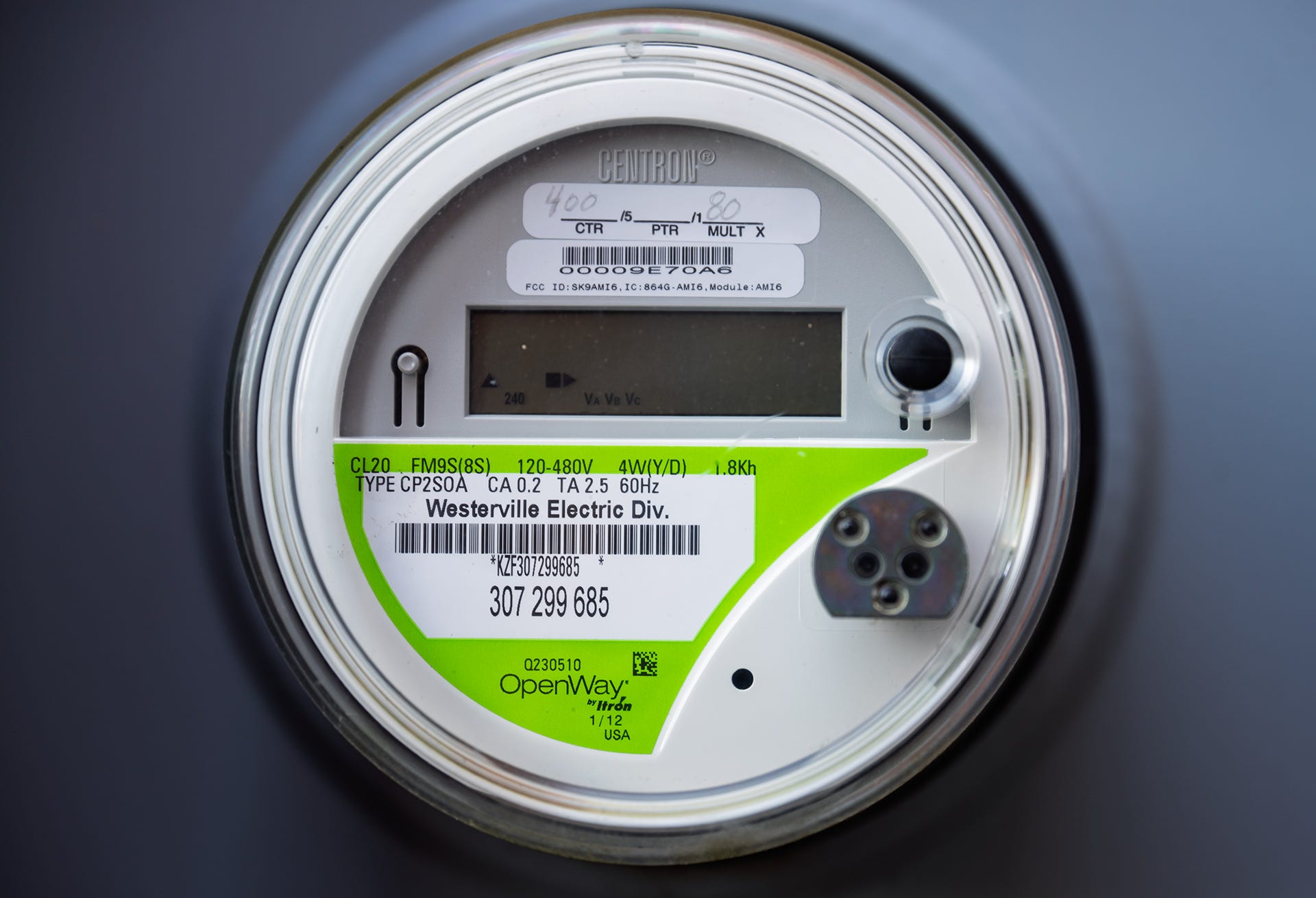Westerville Charter Amendment on Smart Meters To Be On Ballot In November
Electric Meter Elective
Former Westerville City Council member Tim Davey supports a charter amendment on the November ballot that would allow residents to choose traditional utility meters instead of required smart meters. He played a key role in getting the amendment on the ballot by personally collecting three-fourths of the needed signatures door-to-d…



